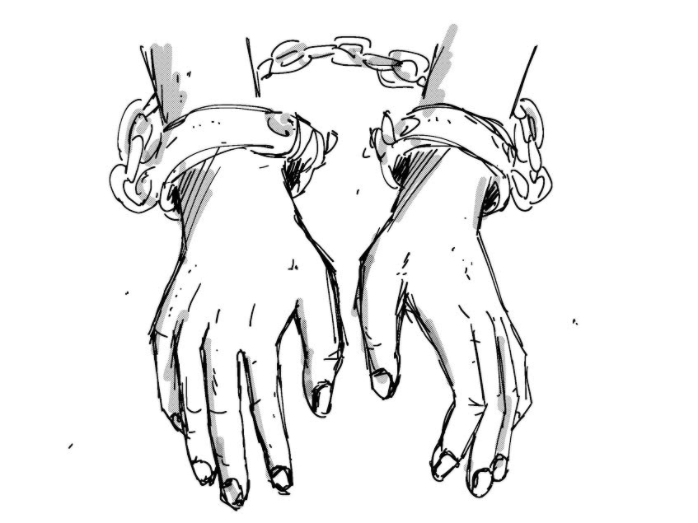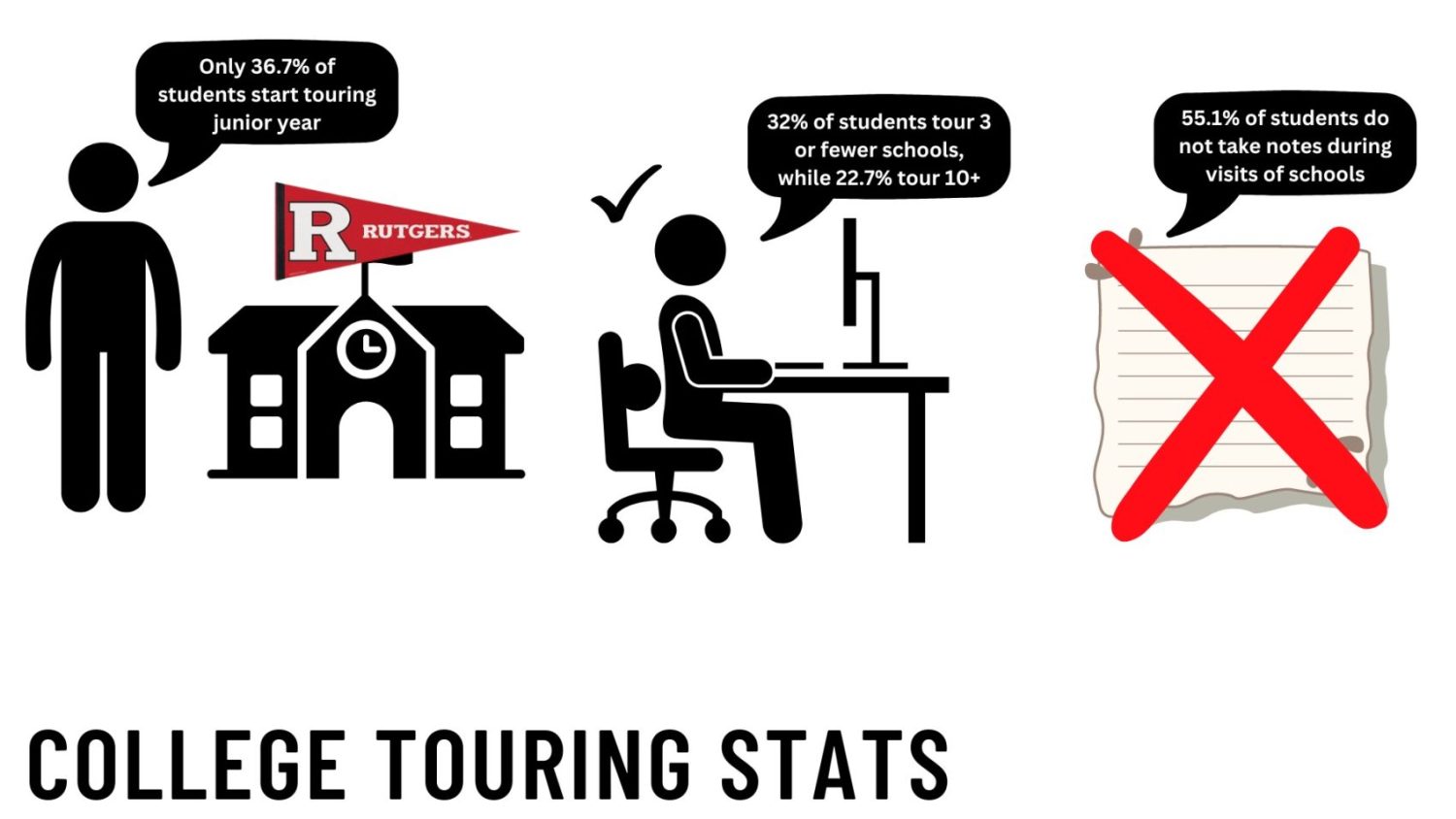The death penalty is certainly an issue that poses complex legal, political, and moral questions but a closer examination of the morality of capital punishment makes such a question clear. The death penalty simply shouldn’t exist. Not only are the arguments of those who support it constructed on fallacies, but the potential negative consequences of executing an innocent person far outweigh the positives.
Proponents of capital punishment cite two main arguments for its continued usage: deterrence of crimes and justice.
Deterrence of crimes is one of the greatest falsehoods attributed to capital punishment. In fact, it’s reasonable to assert that the death penalty has not deterred a single crime in the 21st century. Why? If a criminal commits a crime that is so egregious that it warrants seeking the death penalty, then they fall into one of two categories. Either one, they are mentally deranged and do not possess the ability to comprehend the evil of their actions, or two, they are so intensely motivated to commit the crime that they do not consider the repercussions in the first place. In essence, irrational people committing irrational acts do not magically discover rational thought when faced with the consequences. In the past, public executions for smaller infractions may have deterred some crimes by sheer fear, but the modern iteration of rare executions behind closed doors does not carry the same fear factor.
The common line of thought purported to justify the death penalty is the concept of an eye for an eye common in religious texts. While this interpretation may make intuitive sense, from a simply functional standpoint, it does not exist. An eye for an eye may work for simple murders, but what if some kills more than just a single person, or commits an even worse crime? Someone cannot be killed twice over, therefore an eye for an eye functionally cannot be carried out. Proposing that somehow the death of a single perpetrator could serve justice to the deaths of multiple or a worse crime, isn’t true justice, it’s a facade of it. The difference between justice produced by life without parole and the death penalty is minuscule, if existing at all, and it pales in comparison to potential injustice produced by the executing of an innocent person.
Across all arguments in support of capital punishment is the assumption of guilt: the idea that if a person has been proven guilty in the court of law, they must be guilty. As much as we would like to have confidence in the ability for the justice system to carry out justice, it inevitably fails. These inevitable failures are regrettable, but in most cases reversible. If a person is falsely convicted for a lower level crime and spends time in jail, that person can always be released and reimbursed. It may not always be viewed as equivalent, as the justice system has robbed that person of years of their life they can never get back, but that person still can live their life. In the case of the death penalty, however, that person cannot be brought back to life and the harm cannot be undone.
It is impossible to ensure with 100% probability that someone has committed a crime. The legal standard in a court of law for proof of guilt is beyond a reasonable doubt which is definitionally not 100% certainty, rather just a very high certainty. In the rare cases a person is convicted of a crime they did not commit and later receive the death penalty, the justice system has committed perhaps the greatest injustice possible. According to the Death Penalty Information Center, since 1973 at least 170 people have been wrongfully convicted and sentenced to death. That’s 170 people who have been deprived of their lives wrongfully and will never get back. An entire set of life experiences, achievements, and interaction wiped off the face of the earth for a false sense of justice. On a comparative moral scale, executing an innocent person is a far greater evil than the difference between life in prison and execution for criminals. The irreversibility of the death penalty in and of itself means it should never be implemented in an already imperfect system. The potential life of an innocent is not worth a false interpretation of justice.



